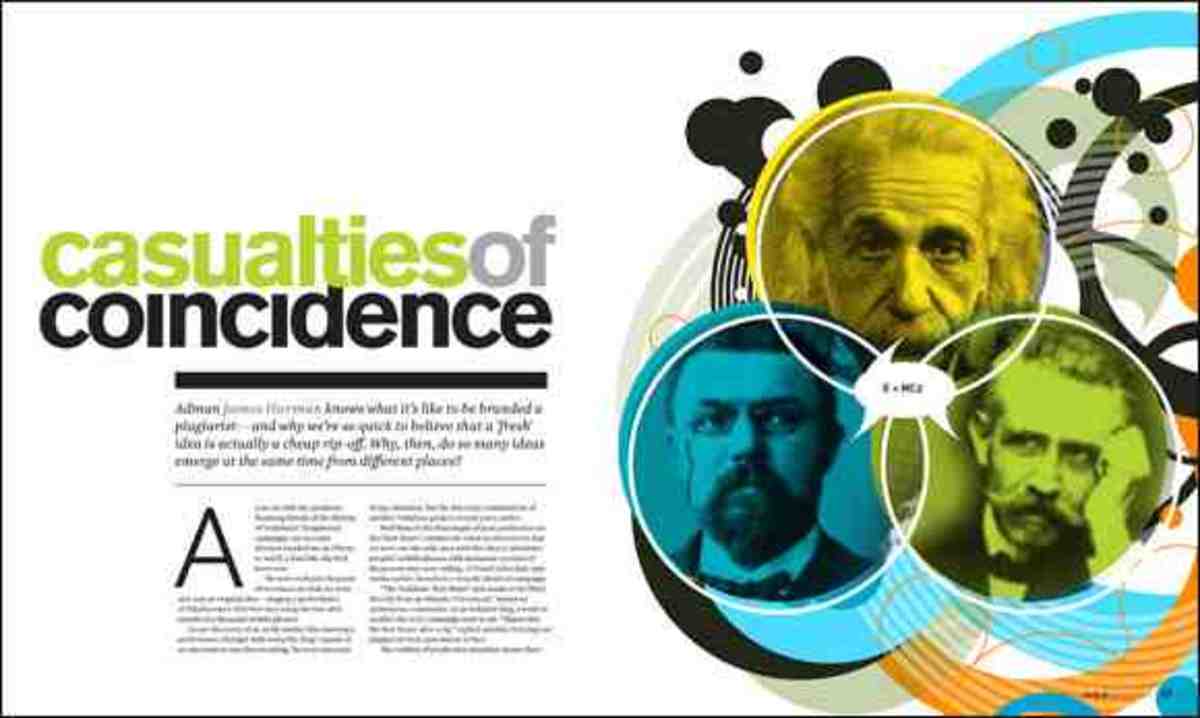The Need to Believe
The human need combines with the need to believe.
From Marxist theories to Freud's physiological beliefs, we are all drawn to something greater than us.
Louis Althusser, a philosopher from France, had a first thesis he defined as, "Ideology represents the imaginary relationship of individuals to their real conditions of existence" (Rivken & Ryan 2017). One could say people are enslaved by different factors in society, and it is why they are malleable enough to confide in the supernatural. Those that are in power create a ideology that helps their own causes and their followers align to this narrative because there is a need to believe that that causes of misfortune are based on immortal deities.
However, this same thesis can be represented by Freud's own theory of the uncanny that he wrote about in a 1914 essay. The uncanny can represent what we consider as being unnerving and "supernatural." It often is a representation of our subconscious twin that morphs into something eerie. The strange part about this thought process is that the uncanny can be something familiar that has been twisted in order for it to appear uncanny. The deity the person confirms to believe in could be the uncanny factor in their life. It is something that they are supposed to use familiar terms with such as, "father," but it is also something far away from them.
An Alter in El Salvador.

Final Conclusion
My final conclusion from looking at the two theories is that religion is defined as having a relationship with ourselves because it serves our own subconscious. We need this second half of us that is so far away yet can dictate concrete rules and doctrines. We need something that mimics our relationship to governments or even our relationship to people. There is always someone that has more power than us in our everyday lives, so it makes sense to mimic this relationship in ideology.
Religion is having a relationship with ourselves.
Let's Talk!
Let me know your opinions on the subject below because I find it fascinating on the basis of philosophy and psychology.
Works Cited
Rivkin, J., & Ryan, M. (2017). Literary Theory An Anthology. Somerset: John Wiley & Sons, Incorporated.







